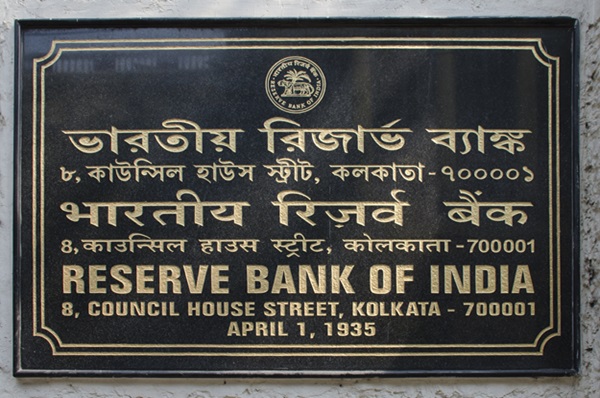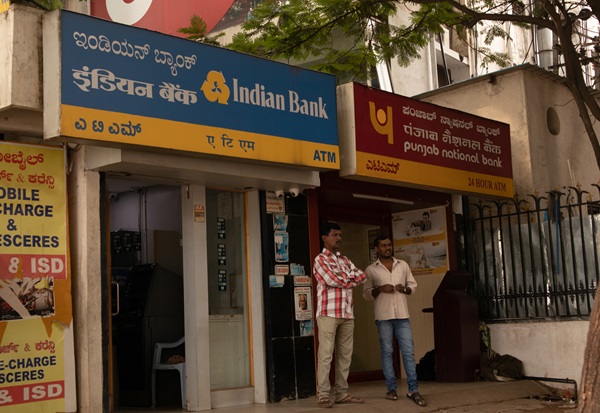.png)
Alpana Killawala has spent more than 25 years in the RBI shaping its communication policy. She likes to share whatever she has learnt while on the job. Her book “A Fly on the RBI Wall: An Insider’s View of the Central Bank” does just that.
April 1, 2025 at 10:31 AM IST
Recently, I addressed some bright young minds on ‘Authenticity in the Digital Age’. When you talk about authenticity, you actually speak about credibility of all three - the institution, the spokesperson, and the subject matter. My opening question to the students was: When you hear the Reserve Bank of India, which word first comes to your mind? And the chorus was the word Trust.
In every function that the central bank performs, trust is at the base of it. Unless you have trust in the currency notes that you hold in your wallet, they are mere paper. If you don’t have trust in your bank, you won’t keep your hard-earned money in it. You won’t use UPI to transfer money if you don’t have trust in the payment system. You trust the central bank to maintain the external and internal value of the rupee and don’t even bother to see what it does to achieve that goal. Why?
Central banks the world over are known for their steadfastness on inflation control. For a long time, the discussions revolved around maintaining the balance between inflation and growth. After the global financial crisis, their mandate expanded to include financial stability. Financial stability encompassed inflation control as well as the stability of the financial system as a whole. Governors, all over the world, would rather resign from their job than compromise on these basic objectives of the central bank. And that characterises the ethos of this institution called the central bank.
Dr. Rakesh Mohan, the Deputy Governor in charge of monetary policy when Dr. Y V Reddy was the Governor, had touched upon this characteristic a bit in his farewell speech. He had said the RBI employees work very hard and with complete commitment and dedication towards the goals which for them were a little hazy as most were a mere cog in the wheel. Whether they receive a promotion or not, whether they get motivational rewards or not, they keep working hard at whatever task was assigned to them. What keeps them going without expecting anything in return? He had wondered.
If I can attempt to explain this trait a little…While learning Indian classical music, there would be the Guru’s son or daughter who would be learning it from the Guru, and you would also be learning. But the Guru’s son or daughter would learn much more than you simply because he or she is breathing music every moment of his or her existence. Similarly, the employees of the Reserve Bank breathe central banking all their waking hours. Most of them also stay in the Reserve Bank quarters. So apart from the office, talking shop at home is a common trait in all of them!
But more importantly, it is the selflessness that puts the RBI employees a notch above the rest of their peers in the three branches of power. This selflessness keeps them away from all temptations and also gives them that intellectual honesty. That is the reason why only an RBI Governor (Dr. Reddy) could think of ‘financial inclusion’ when the world was hyper about ‘financial exclusion’. Only the RBI could think simultaneously about finding solutions for large-value transactions involving international transfer of money alongside the solution for small-value transactions for individuals staying in remote areas. Its steadfastness about inflation comes from that concern for the daily-wage poor mazdoor, and its regulatory diktats - much to the chagrin of the young entrants - come from the concern for the small depositors. In shaping financial architecture to meet the future, it does not forget its commitment to deepening financial inclusion.
Today, as the Reserve Bank completes the ninetieth year of its existence, we see a renewed zeal in it to simultaneously follow traditions and achieve transformation. In a new initiative to communicate with the people of India, Governor Sanjay Malhotra writes an op-ed in the country’s largest circulating newspaper, the Times of India, in which he reassures us that the Reserve Bank will ‘continue to maintain the highest standards of professionalism and uphold the values of public service. And I TRUST him because I trust RBI.




